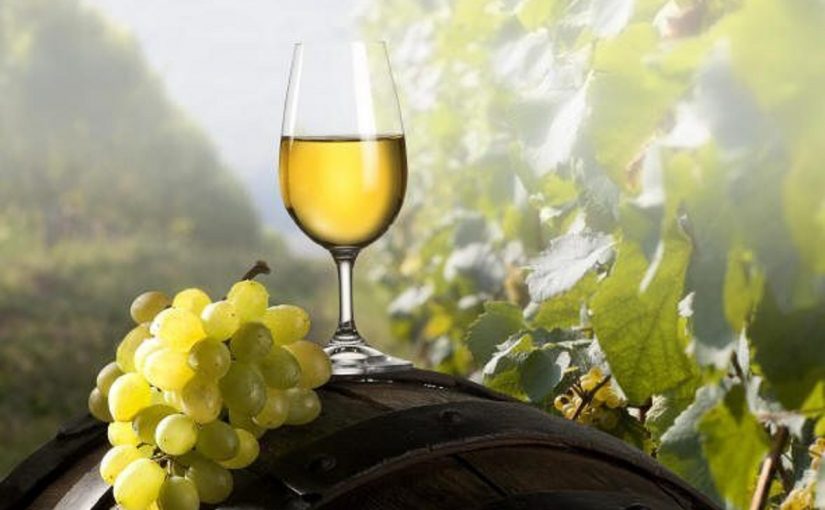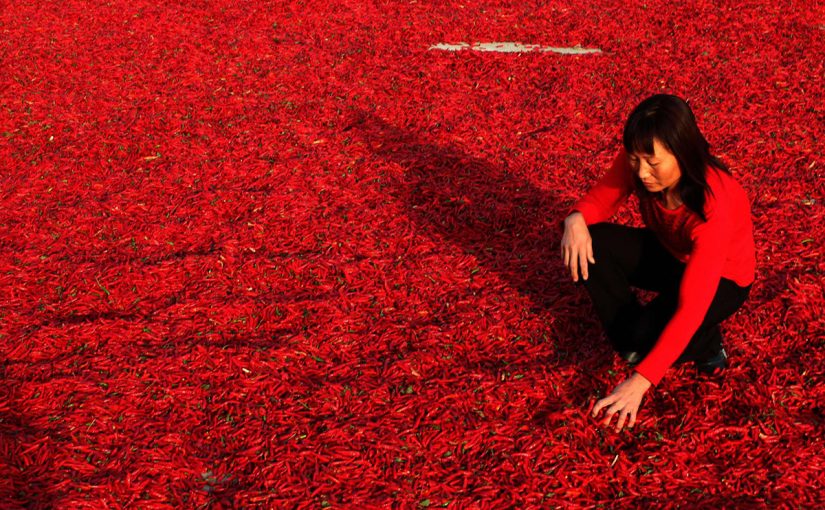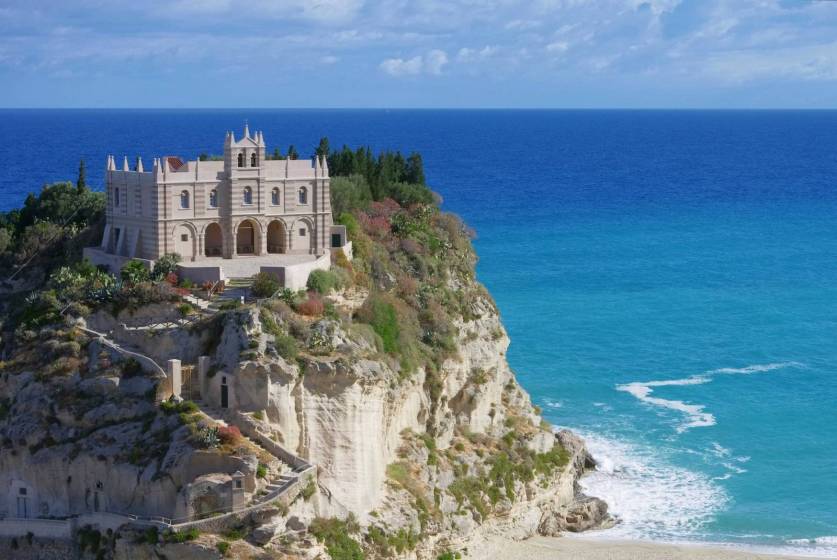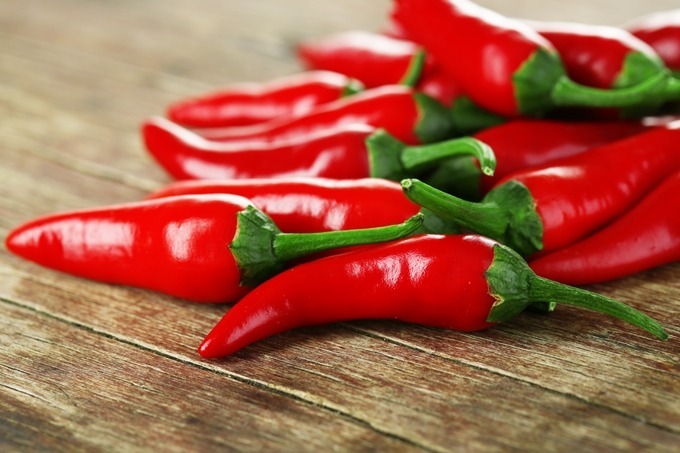17.2.2019
Everyone tasted, once in a lifetime, at least, the liqueur wine, and sweet, which passes under the popular name of passito or malvasia wine.
Even Alexander the Great, a great drinker of raisin wine, seems to have also died from the effects of a solemn hangover (of raisin wine), during a last banquet with his generals in 323 B.C.; further, starting with his death begins the famous Hellenistic age and the historical connubbio between Greek and Roman culture.
It is as saying that passito opens a new era in human culture.
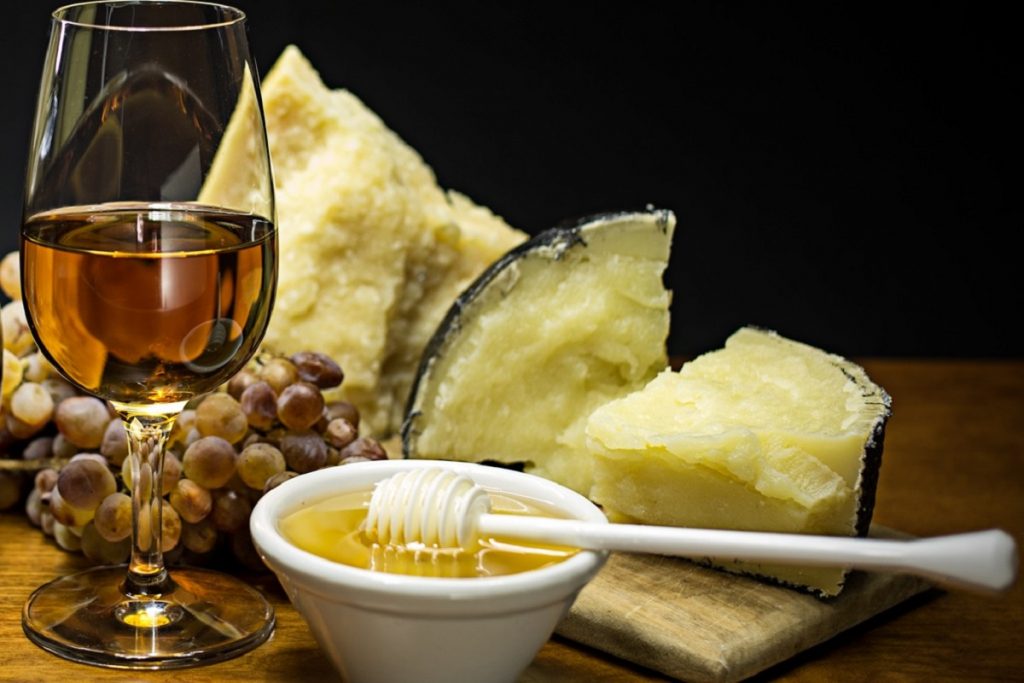
CALABRIAN PASSITO WINE: GRECO DI BIANCO
The grape of passito wines are the so called Mediterranean Malvasias. These grapes are present in different countries and, there, each is always located many kilometers apart from the other. They are unique and rare, each with its own peculiarities. They have an enormous evocative power, and are linked to myths and legends that span a time span of over three thousand years of human history.
All the Mediterranean Malvasias accompany the marvelous voyage of the domestication of the vine from East to West, and the delicious nectar of Calabrian Greco di Bianco is almost certainly the greatest demonstration.
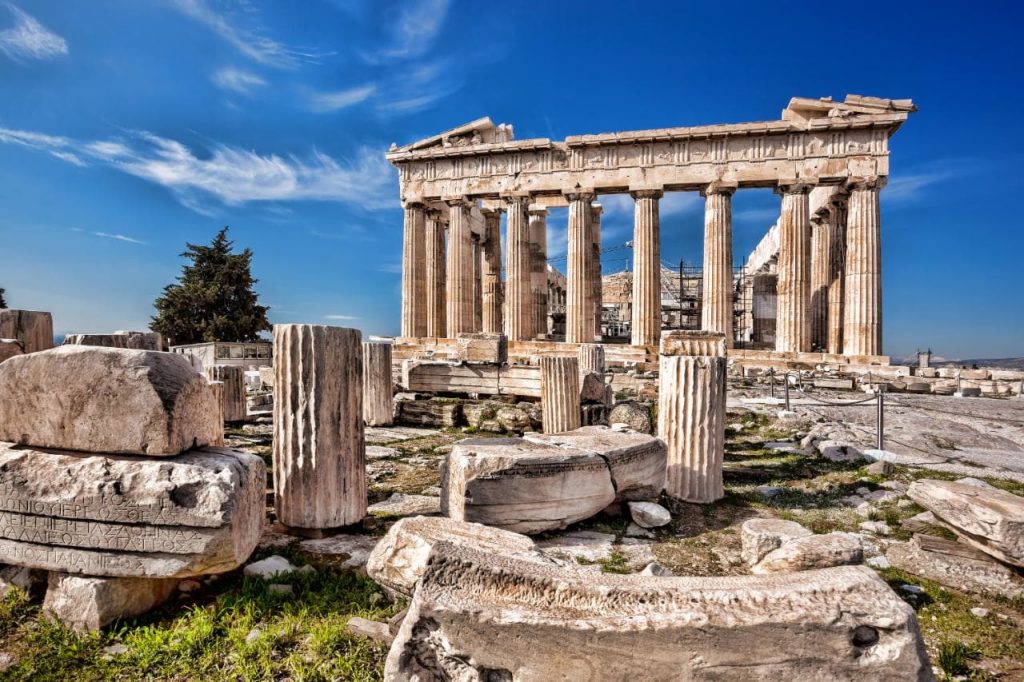
COMMON ORIGINS OF DIFFERENT GRAPES
Some in-depth genetic research has classified our very ancient “Greco di Bianco”, a vine from which the homonymous wine is obtained, like a malvasia. This Calabrian grape was formerly considered as distinct cultivars from the Malvasias of the Lipari, of Sardinia (of Bosa and of Cagliari), the Greco di Bianco (or of Gerace), Malvasia di Sitges, Malvasia dubrovačka (Croatia), the candid white of Madeira (Portugal) and Tenerife (Canary Islands).
Instead, all the mentioned grapes have shown an “identical molecular profile”, they all come from Calabria!
According to prof. Attilio Scienza, University of Milan, it is not known from which specific Mediterranean region Malvasia grapes left, nor what was the chronology of their stages of diversification in the West, but as shown by some DNA sequences, it seems that this vine did not arrive in Spain from Greece, but from Magna Graecia and therefore perhaps from Calabria.
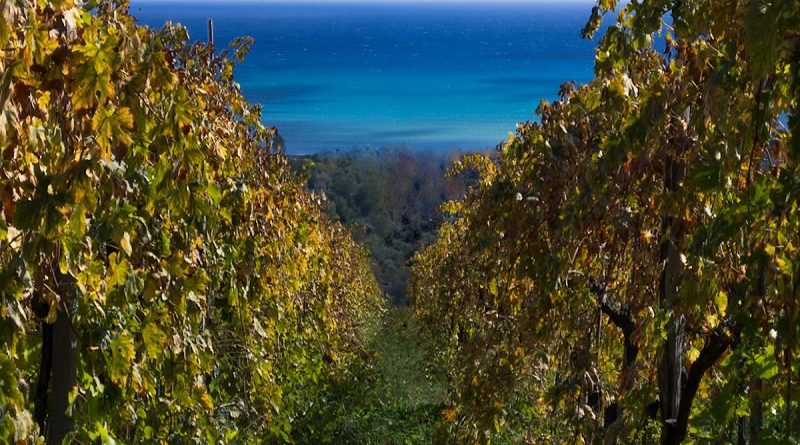
The cultivation of these Mediterranean Malvasias is still today located near the sea, as in Calabria; this shows that their wines were for the compositional characteristics suitable for long journeys and the object of intense trade.

SMAF LTD
Explore our products, coming from CALABRIA. Order the food and beverage products that allow you to explore the Mediterranean diet of a remarkable region. Surrounded by two seas and adorned with pine forests, mysterious villages, natural habitats, and rich biodiversity. Discover handcrafted delicacies that embody the soul of the land: sun-ripened fruits, premium olive oils, bold wines, artisanal cheeses, and traditional cured meats, all crafted with passion and authenticity.
A TRACE OF PAST IN THE GRAPES NAME: MALVASIA
In the past there was a lot of confusion between the Malvasia wine and the Greek wines, very similar for the organoleptic characteristics of the wine, as evidenced by the synonymy of Malvasia with Greco di Bianco or Gerace, the only one among the group’s vine varieties in all likelihood, to Greek colonization. In Dalmatia and in Spain it arrived in the Middle Ages to emulate the Venetian malvasias.
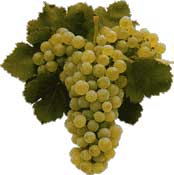
A solution of the problem can be found in the history of the name “Malvasia”, as it follows.
According to some studies the name derives from “Monemvasia”, an old commercial port of Laconia, in the Peloponnese. The first written document of a Malvasia dates back to 1214, when the Archbishop of Ephesus Nicola Mesarites referred to a wine called “Monovasia” or “Monemvasios” together with the wines of Chios, Lesbos and Eubea. The Italianisation and diffusion of this term is linked to an active wine trade in the Middle Ages, especially by the Venetians, who began marketing the Vinum de Malvasias in 1278.
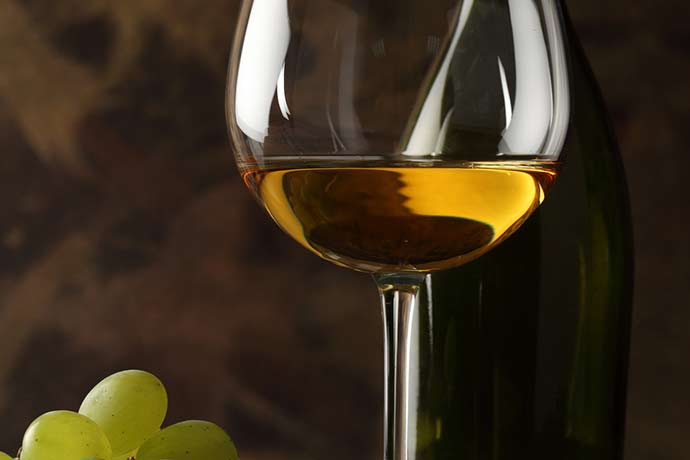
The name Malvasia referred to the sweet and aromatic wines of Greece (produced in the Peloponnese, in Rhodes, Crete and in the Ionian islands) and after the latter was conquered by the Ottoman Empire, new production centers were created along the sea routes of the Mediterranean. In Italy the first to speak about the various Malvasias was Andrea Bacci at the end of the sixteenth century: in his work he reports that Giulio Cesare Scaligero of Riva del Garda, a humanist cousin him, claimed that the etymology of Monobaticum wine derives from the Greek Monobasiten ( Μονοβασίτήν) term by which Athenaeum of Naucrati (3rd century AD) called a particular wine “the sole basis and foundation of the goodness of all wines”.
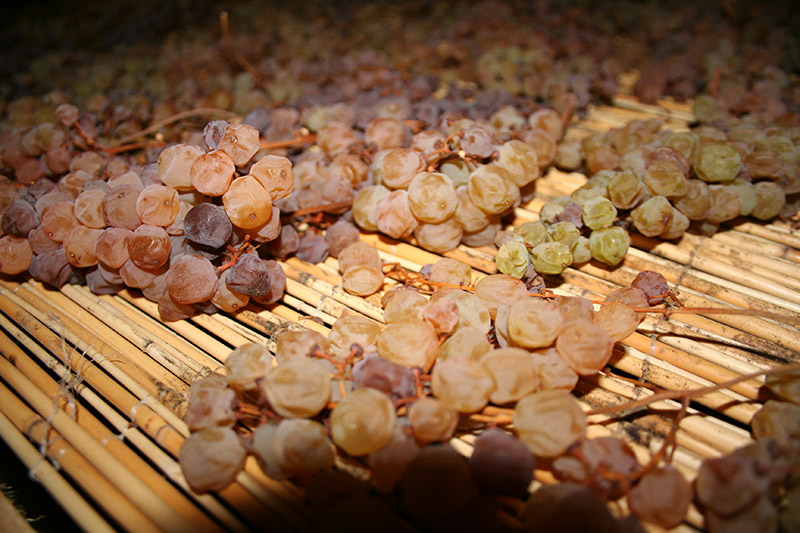
TASTE AND HISTORY
The above mentioned hints of history and oenological science are enough to make clear what experience awaits the lucky drinker of this fantastic sweet and liqueur wine of Calabria, called “Greco di Bianco”.
We wish everyone to drink it in happy company (and at a temperature just below 18 degrees)!

